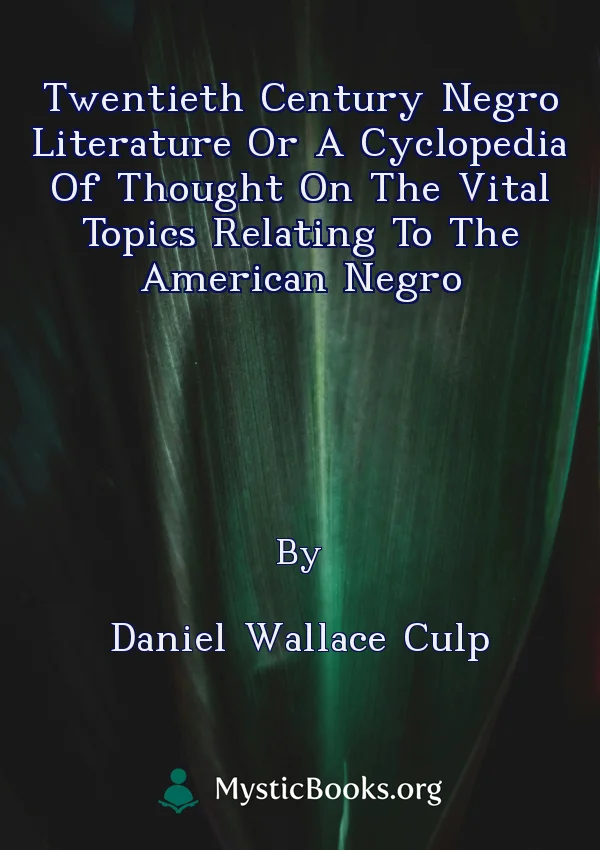
Twentieth Century Negro Literature or A Cyclopedia of Thought on the Vital Topics Relating to the American Negro
'Twentieth Century Negro Literature or A Cyclopedia of Thought on the Vital Topics Relating to the American Negro' Summary
This is a profound exploration of the intellectual and societal issues surrounding African-American life in the United States. Structured as a series of essays, the book covers topics that range from the challenges of racial prejudice and civil rights to economic self-sufficiency, education, and the role of the church in African-American communities. Authors address questions about the American Negro’s achievements, social standing, and future prospects, examining pressing issues like voting rights, access to quality education, and economic independence. Contributors include prominent thinkers who provide varied perspectives on how to improve the standing and rights of African-Americans through both self-help and broader social reform. Culp’s anthology is not only an insight into the attitudes and debates of its time but also a hopeful testament to the resilience, intellectual rigor, and ambitions of African-American leaders dedicated to shaping a more equitable future.
This book examines the following topics:
1. Did the American Negro make, in the nineteenth century, achievements along the lines of wealth, morality, education, etc., commensurate with his opportunities? If so, what achievements did he make?
2. Will it be possible for the Negro to attain, in this country, unto the American type of civilization?
3. How can the friendly relations now existing between the two races in the South be strengthened and maintained?
4. Should the Negro be given an education different from that given to the white?
5. Should the ignorant and non-property holding Negro be allowed to vote?
6. Is the criminal Negro justly dealt with in the courts of the South?
7. To what extent is the Negro pulpit uplifting the race?
8. Is it time for the Negro colleges in the South to be put into the hands of Negro teachers?
9. Will the education of the Negro solve the race problem?
10. What role is the educated Negro woman to play in the uplifting of her race?
11. How can the Negroes be induced to rally more to Negro business enterprises and to their professional men?
12. What are the causes of the great mortality among the Negroes in the cities of the South and how is that mortality to be lessened?
13. What should be the Negro's attitude in politics?
14. Is the Negro as morally depraved as he is reputed to be?
15. Is the young Negro an improvement morally on his father?
16. The Negro as a writer
17. Did the American Negro prove, in the nineteenth century, that he is intellectually equal to the white man?
18. What progress did the American white man make in the nineteenth century along the line of conceding to the Negro his religious, political and civil rights?
19. The Negro as a laborer
20. The Negro as a Christian
21. Does the North afford to the Negro better opportunities of making a living than the South?
22. What is the Negro teacher doing in the matter of uplifting his race?
23. Is the Negro newspaper an important factor in the elevation of the Negro?
24. Are other than Baptist and Methodist Churches adapted to the present Negro?
25. The Negro as a business man
26. The Negro as a farmer
27. The Negro as an inventor
28. What the omen?
29. Why the Negro race survives
30. The signs of a brighter future for the American Negro
31. Negro criminality
32. The American Negro's opportunities in Africa
33. The Negro and education
34. A Negro in it
35. The Negro's adversities help him
36. The American Negro and his possibilities
37. Important lessons from the awful tragedy
38. How to help the Negro to help himself
Book Details
Language
EnglishOriginal Language
EnglishPublished In
Genre/Category
Tags/Keywords
Download eBooks
Listen/Download Audiobook
- Select Speed
Related books
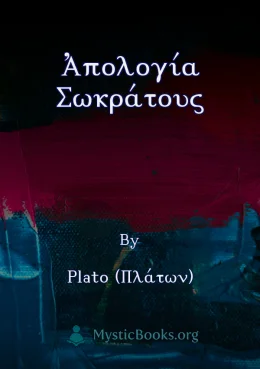
Ἀπολογία Σωκράτους by Plato (Πλάτων)
Plato's *Apology of Socrates* is a philosophical dialogue that recounts the trial of Socrates before the Athenian court. Accused of impiety and corrup...
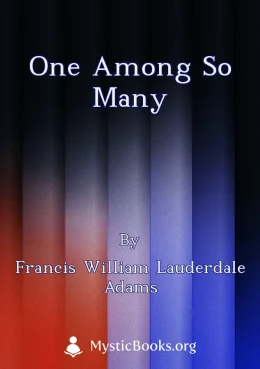
One Among So Many by Francis William Lauderdale Adams
'One Among So Many' by Francis William Lauderdale Adams is a collection of poems that reflects the author's deep empathy for the marginalized and down...

Samuel the Seeker by Upton Sinclair
Samuel the Seeker follows the journey of young Samuel Prescott, who, after being robbed and left penniless, navigates the complexities of early 20th-c...
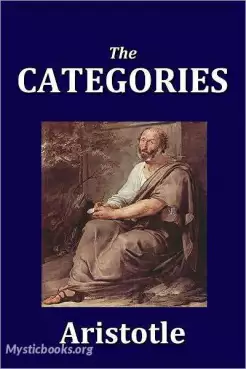
Categories by Aristotle
The Categories is a text from Aristotle's Organon that enumerates all the possible kinds of things that can be the subject or the predicate of a propo...
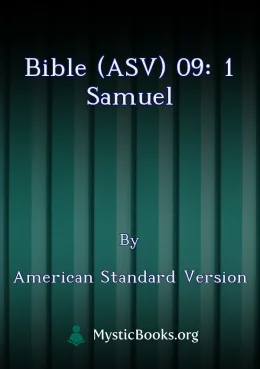
Bible (ASV) 09: 1 Samuel by American Standard Version
The Books of Samuel (Hebrew: Sefer Sh'muel ספר שמואל) are part of the Tanakh (part of Judaism's Hebrew Bible) and also of the Christian Old Testament....
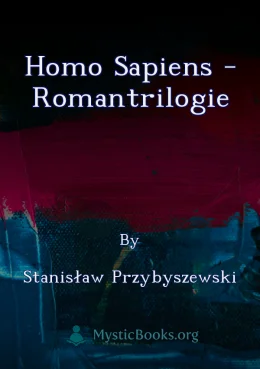
Homo sapiens - Romantrilogie by Stanisław Przybyszewski
Die Romantrilogie „Homo Sapiens“ von Stanisław Przybyszewski folgt den vielfältigen Beziehungen des Schriftstellers Erik Falk im 19. Jahrhundert. Durc...

Bible (Reina Valera) 24: Jeremías by Reina-Valera
El libro de Jeremías, a menudo llamado 'el profeta llorón', relata las profecías del profeta Jeremías a la nación de Judá desde el reinado del rey Jos...
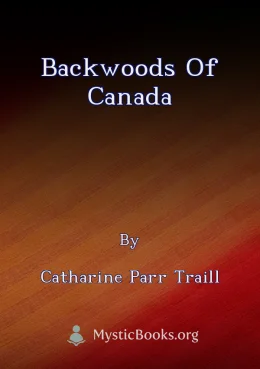
Backwoods of Canada by Catharine Parr Traill
The writer is as earnest in recommending ladies who belong to the higher class of settlers to cultivate all the mental resources of a superior educati...
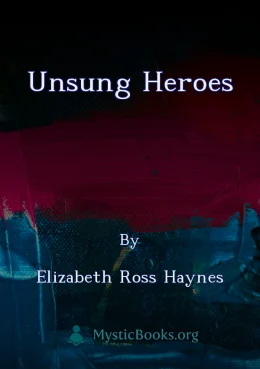
Unsung Heroes by Elizabeth Ross Haynes
Elizabeth Ross Haynes's "Unsung Heroes" is a collection of 17 biographies of prominent African Americans, many of whom were less recognized in 1921....
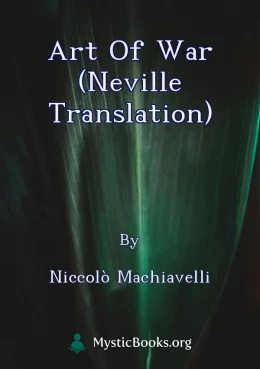
Art of War (Neville Translation) by Niccolò Machiavelli
Published in 1521, "The Art of War" stands as Niccolò Machiavelli's sole published work during his lifetime, a book he considered one of his most sign...
Reviews for Twentieth Century Negro Literature or A Cyclopedia of Thought on the Vital Topics Relating to the American Negro
No reviews posted or approved, yet...